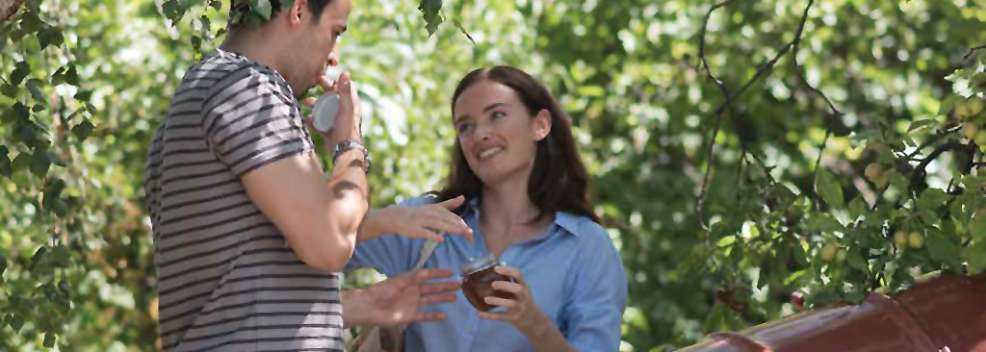July 2023
Introduction
The Restaurant Association of New Zealand (the Association) welcomes the opportunity to make a submission on the Draft Tourism Environment Action Plan which is part of the second phase of the Tourism Industry Transformation Plan (ITP).
We are concerned that, despite being a significant sector within the Tourism industry, Hospitality is not mentioned in this plan.
Hospitality has an important role within the Tourism industry which is consistently lost when planning for New Zealand’s future, yet we are often the first to be targeted with regulations or singled out with red-tape when any new policy is adopted.
To ensure that our sector is adequately represented, we recommend a Hospitality unit be established within MBIE’s Tourism team.
The hospitality sector presents distinct challenges that require focused attention beyond the scope of general tourism considerations. Issues such as supply chain management, immigration complexities, and workforce training necessitate a tailored approach to address the specific demands of our industries.
We would welcome the opportunity to work closely with a hospitality business unit to ensure officials understand and can adequately represent and work with our sector in policy discussions before public consultation phases begin.
Despite being left out of the plan, the Restaurant Association is progressing work with several business units within MBIE to explore solutions to the carbon dioxide shortage and support the transition to alternative energy sources for the Hospitality industry, as well as progressing a sustainable food waste project, while continuing work with Association members to minimise food waste.
We would welcome the opportunity to engage further with the leadership group on the environment phase of the Tourism ITP, to ensure that Hospitality is included in the overall work to ensure the tourism industry protects and restores the climate and environment.
Slow and regenerative tourism
The Restaurant Association has long supported greater international promotion of New Zealand to tourists, with a key part of this being the promotion of New Zealand’s national and regional food stories.
In principle, we support the concept of Slow Tourism. An important part of this should be encouraging more regional tourism, with regional food stories promoted as an important part of what international travellers hope to experience in any location.
The Restaurant Association has also long supported greater long-term direction from the Government in the immigration space, so we support the suggestion for a regularly signalled and clear national direction for Tourism every three to five years. This should be done in alignment with the proposed Immigration GPS.
Accommodation levies for public transport
Accommodation levies appear to be a mechanism that Government policy is moving towards and whether we agree or not with this approach we believe that if this proposal goes ahead it should not be limited to tourists.
Many Hospitality staff use public transport to get to and from their place of work, and with the irregular hours many of our businesses operate we want to ensure our staff are safe and have a public transport network they can rely on. Hospitality workers’ ability to access subsidised public transport should be included within the scope of this proposal.
The best way to encourage the use of public transport among tourists is to have a reliable public transport network, where buses and trains actually turn up, and with regular routes that actually get people where they need to go.
There is already significant work underway to improve the public transport system in Aotearoa. The acceleration and completion of this work should be a focus of any levies for public transport.
Innovation and technology
We are committed to engaging our members in exploring alternative technology approaches and encouraging the adoption of sustainable and regenerative practices. The Restaurant Association remains available to support the Innovation Programme for Tourism Recovery fund.
